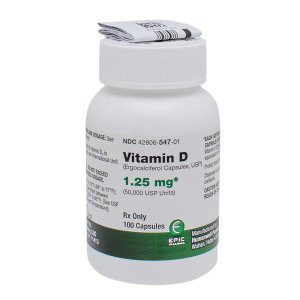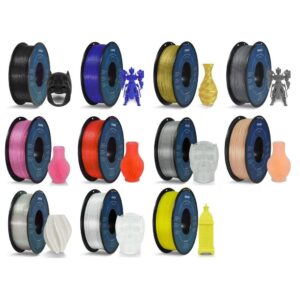On June 11, 2025, the Food and Drug Administration approved taletrectinib (Ibtrozi, Nuvation Bio Inc.), a kinase inhibitor, for adults with locally advanced or metastatic ROS1-positive non-small cell lung cancer (NSCLC).
Full prescribing information for Ibtrozi will be posted on Drugs@FDA.
Efficacy was evaluated in patients with locally advanced or metastatic, ROS1-positive NSCLC enrolled in two multicenter, single-arm, open-label clinical trials, TRUST-I (NCT04395677) and TRUST-II (NCT04919811). The efficacy population included 157 patients (103 in TRUST-I; 54 in TRUST-II) who were naïve to treatment with a ROS1 tyrosine kinase inhibitor (TKI) and 113 patients (66 in TRUST-I; 47 in TRUST-II) who had received one prior ROS1 TKI. Patients may have received prior chemotherapy for advanced disease.
The major efficacy outcome measures were confirmed overall response rate (ORR) and duration of response (DOR), determined by blinded independent central review according to RECIST v1.1. For treatment-naive patients, ORR was 90% (95% CI: 83, 95) in TRUST-I and 85% (95% CI: 73, 93) in TRUST-II, with 72% and 63% of responders having a DOR ≥12 months, respectively. For TKI-pretreated patients, ORR was 52% (95% CI: 39, 64) in TRUST-I and 62% (95% CI: 46, 75) in TRUST-II, with 74% and 83% of responders having a DOR ≥6 months, respectively.
The prescribing information for taletrectinib includes warnings and precautions for hepatotoxicity, interstitial lung disease/pneumonitis, QTc interval prolongation, hyperuricemia, myalgia with creatine phosphokinase elevation, skeletal fractures, and embryo-fetal toxicity.
The recommended taletrectinib dose is 600 mg orally once daily on an empty stomach (no food intake at least 2 hours before and 2 hours after taking taletrectinib) until disease progression or unacceptable toxicity.
This review used the Assessment Aid, a voluntary submission from the applicant to facilitate the FDA’s assessment.
This application was granted priority review, breakthrough designation, and orphan drug designation. FDA expedited programs are described in the Guidance for Industry: Expedited Programs for Serious Conditions-Drugs and Biologics.
Healthcare professionals should report all serious adverse events suspected to be associated with the use of any medicine and device to FDA’s MedWatch Reporting System or by calling 1-800-FDA-1088.
For assistance with single-patient INDs for investigational oncology products, healthcare professionals may contact OCE’s Project Facilitate at 240-402-0004 or email OncProjectFacilitate@fda.hhs.gov.
Follow the Oncology Center of Excellence on X: @FDAOncology.







